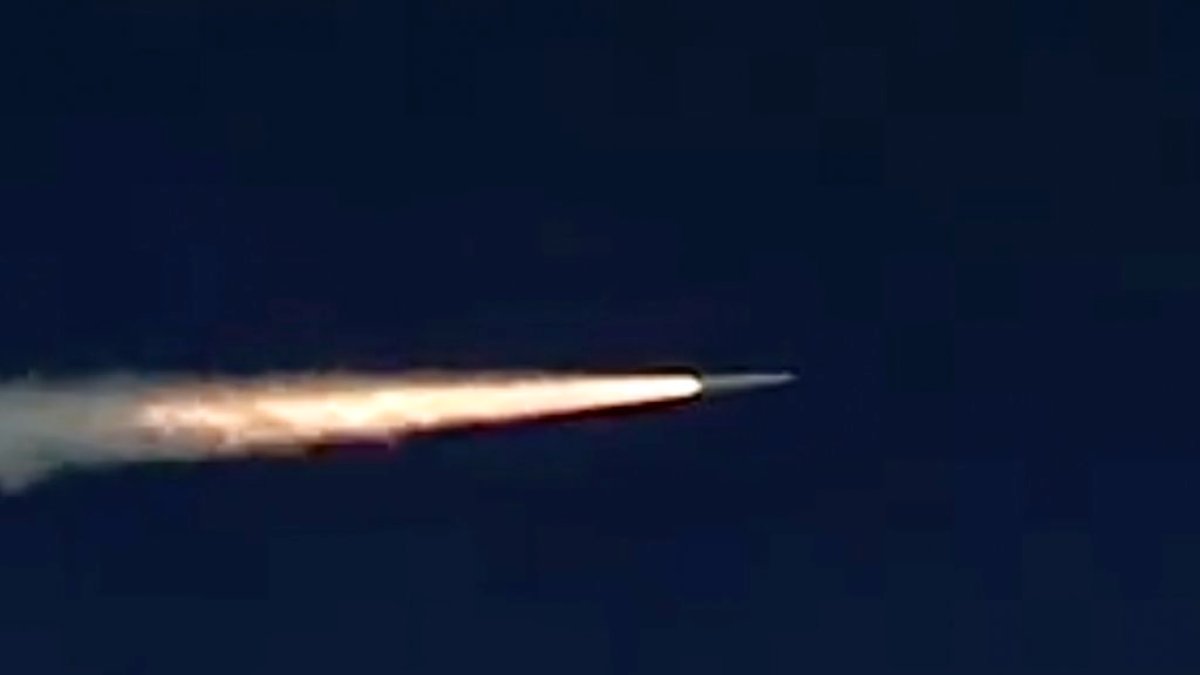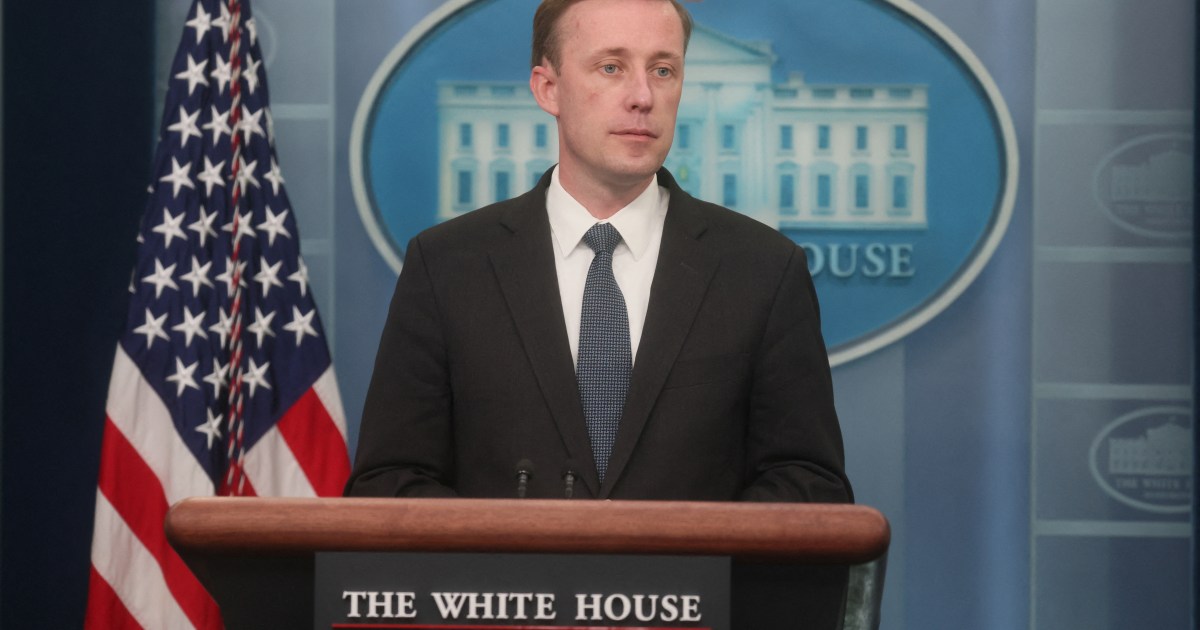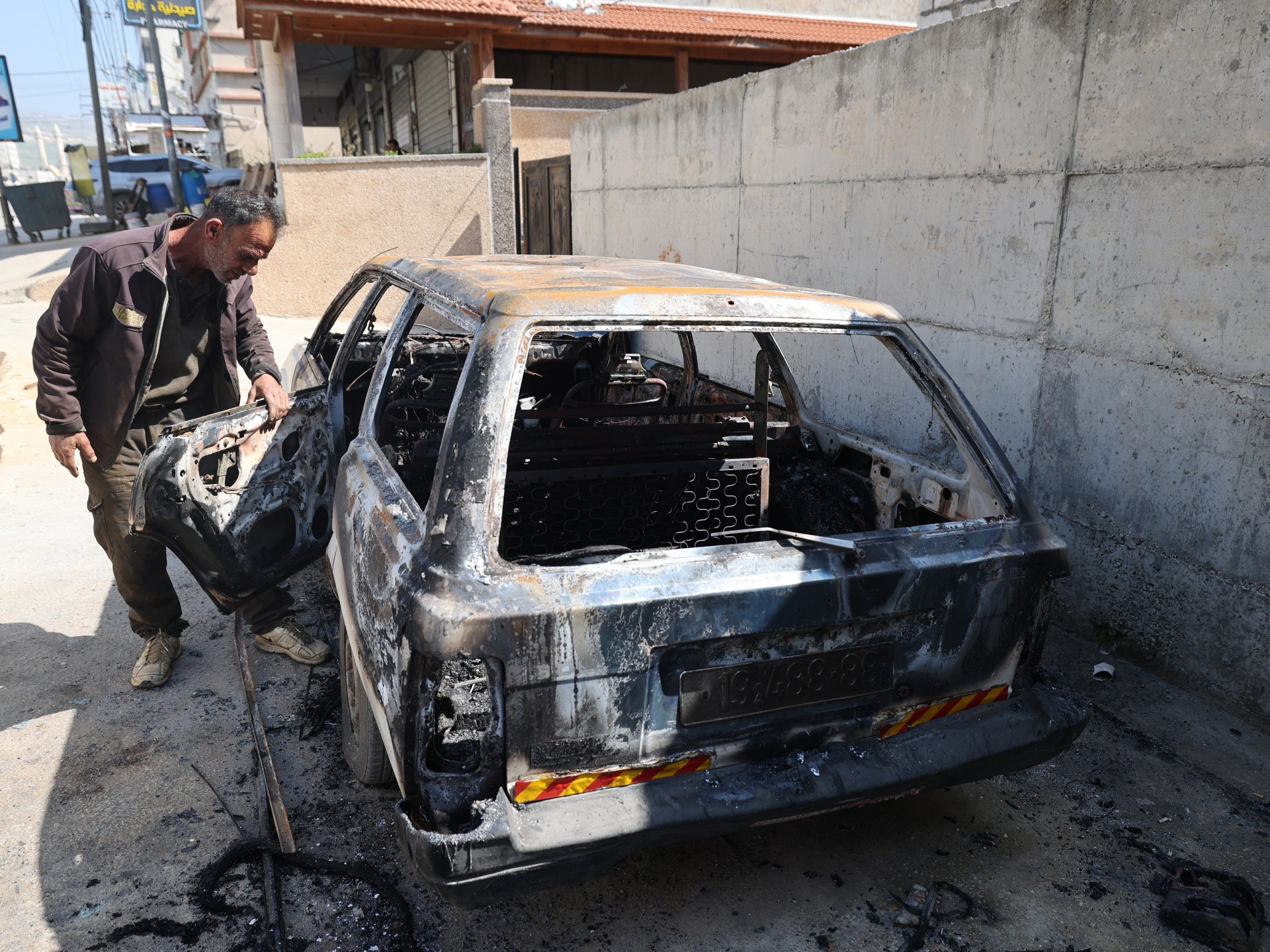The World Cup, in Guantanamo | Prison
In 2022, we witnessed a World Cup unlike any other – a World Cup that was full of firsts, especially for football fans in the Global South. Taking place in Qatar, it was the first hosted by an Arab country. Millions of Muslims got to experience the world’s top sporting event taking place in their own neighbourhood. We also saw an African team move on to the semi-finals for the first time in World Cup history. Sure, it was Argentina that took home the trophy, but countless football fans across the world felt like winners.
The same tournament, however, left me feeling sad and with a throbbing headache. As I watched the games at a café near my home in Belgrade, Serbia, surrounded by football fans glued to TV screens, I struggled to share their joy. The loud noises, animated faces and the excitement in the air transported me back to Guantanamo, in 2010, when we, the prisoners, were permitted to watch the World Cup for the first time. Watching the tournament in Qatar made me revisit the hopes, fears and frustrations I experienced during my 14-year imprisonment and wonder when those of us who survived Guantanamo would finally have justice.
I arrived at the infamous military detention facility in Guantanamo, Cuba in early 2002, just a few months before the beginning of the 2002 World Cup. I had little interest in football, and as I tried to understand what happened to me and where I was, I didn’t really think at all about the upcoming tournament. At first, other prisoners were not talking much about the World Cup either. In those very early days of our imprisonment, we were held in Camp X-Ray, in rows of chain-link cages, where we were rarely given an opportunity to talk to other prisoners. And whenever we got a chance to exchange a few words, we talked about our prospects for release, rather than football.
Over time, and after protests and a hunger strike, we were allowed to talk to each other again. Once we got to know each other, it didn’t take long before conversations turned to the World Cup.
The men told me about their favourite players, the games they would never forget and the teams they would like to see compete. It seemed some of them knew everything there was to know about the World Cup – who the best players and teams were, who had scored the most goals, the different home and away kits … the entire history of FIFA and the World Cup. I was just 19 and didn’t know much at all about football, so I was happy to have my new brothers introduce me to this crazy new world.
Many of the prisoners hoped to be released before the beginning of the tournament. We had already held a hunger strike and got the general in charge of the camp to admit that “most of us shouldn’t be here”. He had told us that Washington would soon send someone to assess our cases. We all thought that we would get to watch the opening game of the 2002 World Cup at home, with our friends and family.
Days and weeks passed, however, and nothing changed – nobody came to assess our cases. After three months in Camp X-Ray, they moved us to Camp Delta, a more permanent camp made out of shipping containers. Once in our new cages, we lost all hope of being released in time for the World Cup.
During the World Cup, interrogations at Guantanamo were intense and felt never-ending. Some of the inmates still dared to ask the interrogators which teams were doing well in the tournament. They claimed the World Cup had been “cancelled” because “Osama Bin Laden threatened to attack the games”. Why would Bin Laden attack football games taking place in Japan and South Korea? We knew the interrogators were lying. They didn’t want us to even think about an event that could give us some joy and make us briefly forget our suffering.
Not willing to admit defeat, my fellow inmates embarked on a quest to learn the results of World Cup games. Back then, no one had lawyers, so it wasn’t easy finding someone to give us news from the outside world. Even the Red Cross representatives refused to talk to us about the World Cup because it was “against the camp rules”. Those of us who could speak English repeatedly asked the guards. Most of them never responded, but a few occasionally agreed to tell us the scores.
So whenever one of the prisoners found out the result of a game, he would shout it out. The news would travel from container to container, cage to cage, with inmates either celebrating or complaining about the result.
That World Cup, eventually won by Brazil, not only gave us a lifeline at a time of great despair but also paved the way for us to form a relationship with the guards. Our interest in the tournament, and knowledge about football, as well as our command of English, deeply surprised many of the guards, who were made to believe that we were uneducated, crazy animals who were good for nothing but violence.
The prison administration did not forget the prisoners’ love for football after the end of the 2002 World Cup. The following year, they brought a football to the camp and announced that compliant prisoners would be allowed to play with it in a cage twice a week for 10 minutes. The arrangement was well received by prisoners. Many entered the cage just to kick the ball around, burn some energy and release some stress, while others went in to perform tricks and show off their skills.
In 2005, the administration started allowing compliant prisoners to play with the ball in the recreation yard, in pairs, twice a week for 30 minutes. The prisoners would use water bottles as their goalposts, and the game would continue until one side’s bottle was knocked down.
As the 2006 World Cup approached, which was to be hosted by Germany, we started working towards securing a way to watch it. By then we had access to lawyers who offered to bring in TVs for us to watch the games. Camp administration refused this offer outright.
It was not at all surprising that the prison authorities denied us such an innocent recreational activity. In 2006, the situation in Guantanamo was worse than ever before. Most of us had been at the camp for more than three years and had little hope left for finding justice or freedom. Abuse was rife and we were slowly losing our will to continue our struggle.
So, just a few weeks before the World Cup started, we once again went on hunger strike to protest our arbitrary detention, torture, abuse and inhumane treatment. More than 400 of us refused to eat. The camp admin swiftly broke the strike with brutal forced feedings. On June 10, 2006, one day after the World Cup’s opening match, three prisoners were found dead in their cells under suspicious circumstances. Then riot guards stormed our cells. Life at the camp was hell. The guards were instructed not to talk to us about anything, let alone the World Cup. Most letters, including those from our lawyers, were arbitrarily confiscated. Our dream to enjoy the World Cup with the rest of the world was once again crushed.
For the next few years, our situation did not improve in any way and watching football remained a distant dream. But it all changed after the 2008 US presidential election.
Barack Obama, who had promised to close Guantanamo as president, moved into the White House. On January 22, 2009, his second day in office, he issued an executive order, directing that the prison be shut down within a year. Senate Republicans blocked his efforts, and he eventually left office without shutting Guantanamo, but his presidency led to some positive changes within the camp.
Under Obama’s presidency, we secured the right to communal living and healthcare as well as phone calls with our families. We also gained access to TVs, newspapers, books, game consoles, classes and DVDs. And, to the delight of our many football-crazed brothers, we were given access to recordings of the 2002 and 2006 World Cup finals through the library.
When the 2010 World Cup began in South Africa, excitement was in the air at Guantanamo. We couldn’t watch the games live but the library distributed match schedules and provided each block with recordings of the matches. Football was all everyone could talk about.
I had not watched a single World Cup match before then but, despite still not having much interest in the game, thoroughly enjoyed seeing all my brothers glued to the screen. They cheered, shouted, and sometimes even pounded on tables or pulled their hair in frustration. They were constantly commenting on player performances, criticising managers, and analysing team strategies. For once, our lives felt somewhat normal. We were like millions of others around the world – focusing on the game to forget our troubles.
After the 2010 World Cup, football remained a part of life at Guantanamo. A year later, in 2011, we had our own “Guantanamo Cup”, where blocks of prisoners played against each other. Both players and fans took the tournament very seriously, there were chants, red cards, heated discussions and even a fistfight. Losers would be made to cook a good meal for the winners. Guards also got involved, cheering for their preferred teams and placing bets on those they believed would win.
At the end of our “Guantanamo Cup”, we wanted to put together an all-star prisoners team and play against the guards on the condition that if we won, we would get to leave Guantanamo. We had very good players and were confident that we would win in a just competition. We were told the camp administration and the Pentagon would review our proposal and get back to us. More than a decade later, we are still waiting for an answer. Some of us are now free, but we would all happily go back to play against the guards and help free our still-imprisoned brothers.
I really tried to enjoy watching the 2022 World Cup as a free man, but couldn’t stop thinking about my 35 brothers still stuck in Guantanamo. Were they allowed to watch the games as we did in 2010? Will they ever get to sit in a cafe or their own living room and watch a World Cup final surrounded by their friends and family?
Of the prisoners still at Guantanamo, 21 have officially been cleared for release. We, however, do not know exactly when they will be released or what will happen to those who remain. After four hopeless years under Donald Trump, who had pledged to expand rather than shut down Guantanamo, the Democrats are back in power. There is, however, still no word on when this tropical torture chamber will be thrown into the dustbin of history.
The US will be one of the co-hosts of World Cup 2026. I wonder whether Guantanamo will be closed by then, or if any steps will have been taken to deliver justice to those of us who have suffered there. I am not hopeful, but I would like to see calls for the cancellation of the upcoming World Cup over America’s countless human rights abuses, including those that continue to be committed at Guantanamo.
The views expressed in this article are the author’s own and do not necessarily reflect Al Jazeera’s editorial stance.




